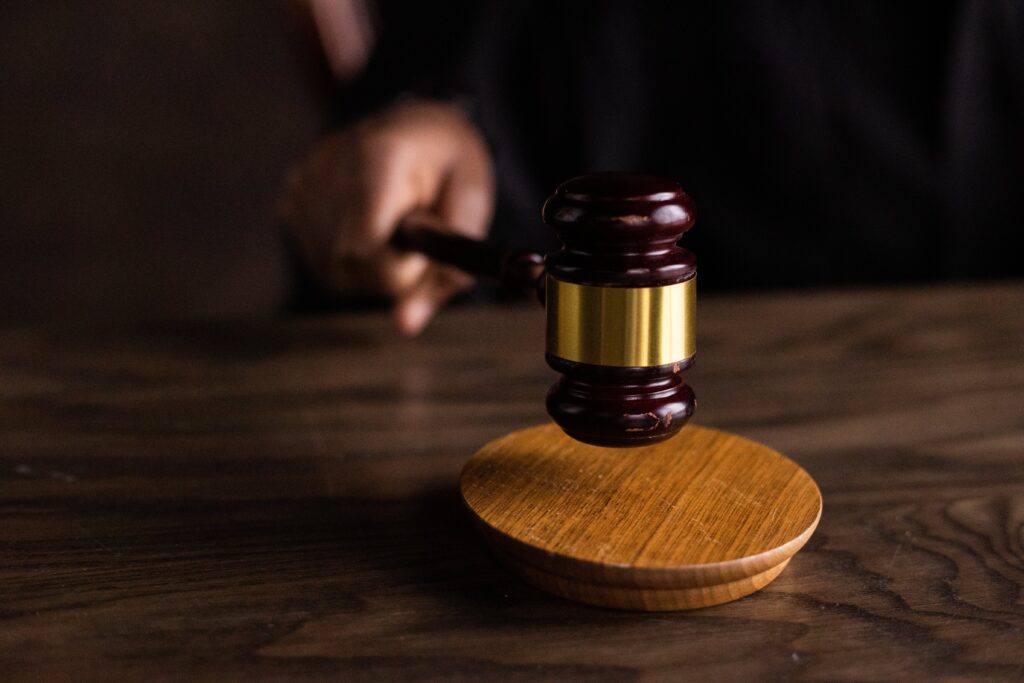
Being at Court, particularly in family proceedings, can be an emotional and sometimes overwhelming time. Because of this, many people often rely on the support of their family and friends.
With this said, anyone not directly involved in the proceedings will not normally be allowed to go into Court due to the confidential and sensitive nature of family cases.
Who Attends The Hearings?
Usually, there will be a number of people in attendance at each hearing. This includes:
• The Judge or Magistrates. The Judge or Magistrates, depending on which Court the matter is heard in, are the decision makers.
• The Parents. The parents are usually included in matters where they have parental responsibility. If another person, such as a grandparent or other family member also has parental responsibility then they will also automatically be made a party to the proceedings and entitled to attend Court.
• Solicitors. Each party will have their own solicitor as legal aid is passported for these cases. Both parents cannot be represented by one legal representative as this may give rise to a conflict of interest. Even if both parents agree with each other they still need their own representation. There will also be a solicitor present from the Local Authority and a solicitor for the Children’s Guardian.
• Social Worker(s) will also be present
• Children’s Guardian. It is not usual for a child to attend a child care hearing unless permission is given by the Court. Children’s Guardian is instructed to act in the best interests of the child.
Who Can Attend?
If you are a party to the proceedings then you have the right, and should, attend each Court hearing. As a party to the proceedings, you are entitled to all reports, evidence and disclosed documents throughout the duration of the case.
Can Someone Come With Me?
If a third party, such as a friend or family member, attends Court who is not a party to the proceedings, nor been invited to the hearing, then permission is required by the Court for the third party to be in attendance. Due to the nature of the proceedings, and the confidential nature of the information, generally a third party will not be allowed permission to enter the Courtroom.
You are able to bring somebody with you for support to Court, however, they will have to wait outside until the hearing is over.
You MUST bear in mind that all information relating to the proceedings are strictly confidential and should not be discussed or disclosed to anyone who is not a party to the proceedings.
Special Measures
If reasonable adjustments need to be made in court to enable a party to fully participate and understand the proceedings, then special measures may be put in place which may include the support of an advocate.
An advocate will be a third party, with no interest in the case, who can provide support by taking notes, providing prompts and ensuring that the clients views and wishes are heard. They cannot provide legal advice nor are they allowed to tell you what to say.
If you think that you may require an advocate, then you should information your solicitor. If permission is provided by all parties and the Court, they will be able to attend. Alternatively, an application can be made to the Court, to allow for this.
Next Steps...
If you require any further information or advice, please feel free to contact the Family Law team on 01332 364436. Alternatively, you can also find further information in relation to our services on our Family Law page.




